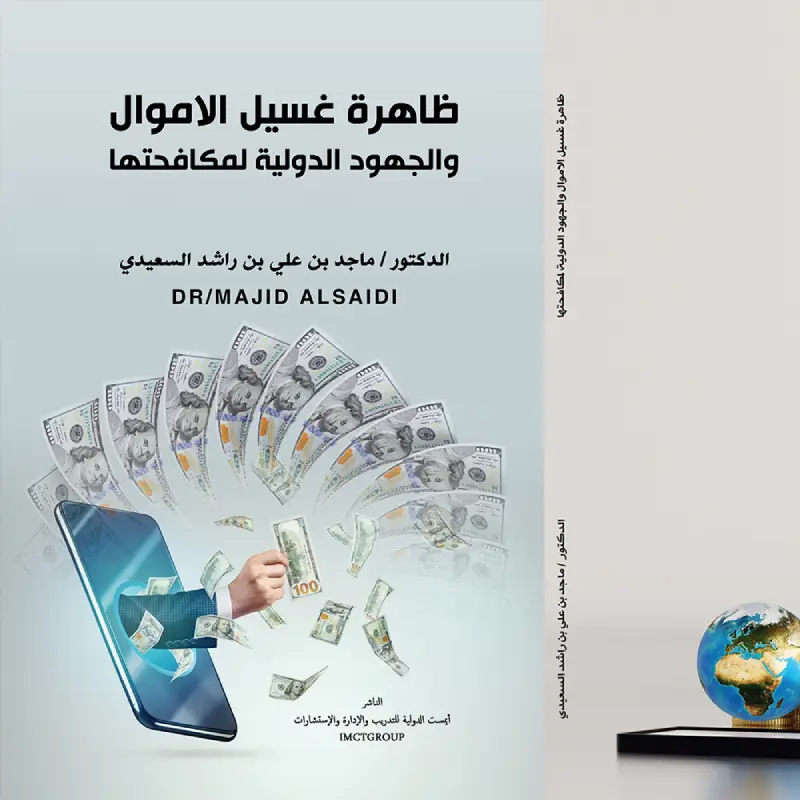The phenomenon of money laundering and international efforts to combat it
Introduction
Money laundering is a particularly crucial process as it allows criminals to enjoy illicit gains without exposing the source of those funds to risk. While some may argue that there is no difference between dirty and clean money and that dirty money can contribute to economic development in a country, it is evident that resorting to illicit funds weakens the authorities' ability to implement economic policies efficiently. This leads to inflation, a rise in the overall price level, a distortion in the distribution of resources and wealth within the country, and a threat to financial and banking stability.
The Sultanate of Oman is committed to implementing international initiatives to combat money laundering and terrorist financing. It is one of the first countries committed to the United Nations Convention against Illicit Traffic in Narcotic Drugs and Psychotropic Substances of 1988 and the United Nations Convention against Transnational Organized Crime of 2000. Oman is also a member of the Financial Action Task Force through its membership in the Gulf Cooperation Council. Additionally, the country seeks to update its laws and meet institutional and procedural requirements during this period.
There are extensive legal requirements outlined in the Anti-Money Laundering Law issued by Royal Decree No. 30 of 2016. The law empowers the National Committee for Combating Money Laundering and Terrorism Financing, composed of representatives from relevant ministries and supervisory authorities, to take stringent measures to enforce the law and combat money laundering and terrorism financing in the Sultanate.
Significance of the Study
Scientific Significance: The importance of this study lies in shedding light on the phenomenon of money laundering, which has become one of the most important international issues due to its disastrous economic and security consequences. This necessitates the need to combat it and enrich studies related to the impact of money laundering on financial institutions, especially in the Sultanate of Oman.
Practical Significance: The study is exploratory, aiming to monitor the crime of money laundering and provide suggestions that may help countries combat this phenomenon and mitigate its negative effects.
Study Objectives
The study aims to identify money laundering and its impact on financial institutions in the Sultanate of Oman. The specific objectives include:
- Identifying indicators of money laundering.
- Understanding the reasons for the spread of money laundering operations.
- Defining the concept of money laundering.
- Understanding the characteristics of money laundering operations.
- Understanding the stages of money laundering operations.
- Recognizing the economic damages of money laundering operations.
- Defining non-banking financial institutions.
- Defining commercial banks and explaining their importance.
- Explaining the objectives of commercial banks.
- Identifying international entities concerned with combating money laundering.
- Understanding the steps taken by Arab countries to confront money laundering.
- Identifying the measures taken by the Sultanate of Oman to combat money laundering.
- Determining the authorities responsible for combating money laundering in Oman.
- Listing anti-money laundering laws in the Sultanate of Oman.
